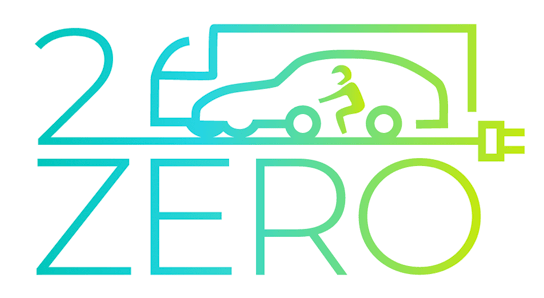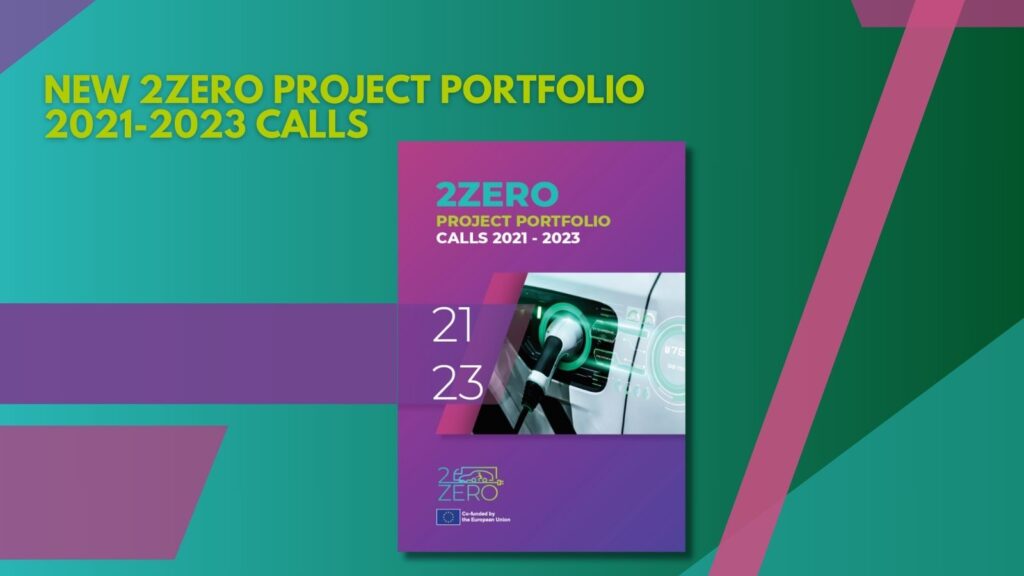EV4EU
Vehicle-to-everything strategies facilitate mass uptake of electric vehicles

- Framework: Horizon Europe
- Type: R&IA
- Status: Ongoing
- Category: Electrification (FEV/PHEV)
- End Date: 30/11/2025
- Vehicles: Passenger cars
- Website: https://ev4eu.eu/
With the rate at which electric vehicles (EVs) are populating our roads, it is estimated they will have largely replaced Internal Combustion Engine cars by 2040. Vehicle-to-everything (V2X) enables data exchanges between a vehicle and its surroundings as well as energy exchange (charging and discharging the batteries). Both perspectives are important for the global adoption of EVs. The EU-funded EV4EU project will design and implement V2X management strategies that facilitate EVs´ mass deployment. Various approaches will be tested taking into consideration user needs and existing conditions in cities. Project work will include the development of tools and apps targeted at EV users as well as an open information exchange platform for stakeholders and systems. The new approaches will be validated at four demonstration sites.
Objectives:
The Electric Vehicles Management for carbon neutrality in Europe (EV4EUThe Electric Vehicles Management for carbon neutrality in Europe (EV4EU) project will propose and implement bottom-up and user-centric Vehicle-to-Everything (V2X) management strategies creating the conditions for the mass deployment of electric vehicles. The strategies will consider the impact on batteries, the needs of the users, power systems, the integration with energy markets, and cities’ transformation. The proposed V2X management strategies will be tested in four demonstration sites, allowing an evaluation of the proposed methodologies and tools, the definition of the appropriate implementation conditions, and a consolidation of the most promising solutions and business models. Technology providers will test different V2X management approaches, evaluating their feasibility and adequacy for the existing conditions in cities. System Operators will estimate the impact of V2X on transmission and distribution levels, proposing new services to profit from V2X flexibility, mitigating the effect of V2X, and supporting the development of both V2X and renewables. Tools and Apps for electric vehicle users will be developed to provide valuable information about the use of electric vehicles and available energy services. An open platform that considers interoperability, scalability, security, and privacy requirements will ensure the information exchange between stakeholders and systems. The impact of V2X management strategies in different cities will be evaluated in a co-simulation tool considering different perspectives, namely, the power network, cities constraints (existing parking lots, buildings characteristics, etc.), electric vehicle use patterns, and, finally, V2X management strategies. New services (Green Charging, Sharing Charging, and Surge Pricing), Demand Response programs, and flexible capacity contracts will be designed and a regulatory framework promoting user adoption will be proposed.

